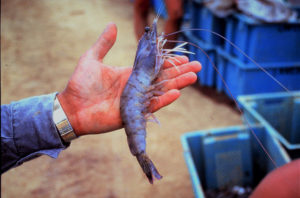
Characterizing bacterial communities in water, gut of Pacific blue shrimp
Study provides information about the bacterial community associated with biofloc and its influence on Pacific blue shrimp intestinal microbiota.
In this study, co-infection of white spot syndrome virus and AHPND-Vibrio parahaemolyticus was studied in juvenile vannamei shrimp under laboratory conditions.

Study provides information about the bacterial community associated with biofloc and its influence on Pacific blue shrimp intestinal microbiota.
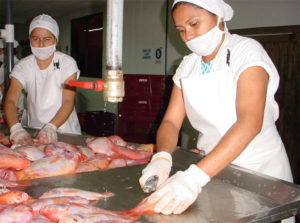
Study evaluates growth of Pacific white shrimp in various conditions and fed diets with different inclusion levels of tilapia processing waste silage.
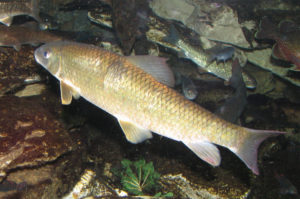
Study investigates effect methyl anthranilate added to the feed of golden shiners – an important bait fish in the United States – on bird predation.
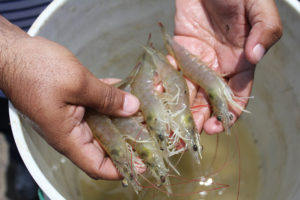
Global overview of the intestinal bacteriome of Pacific white shrimp in biofloc and clear water systems, and after an oral challenge by white spot syndrome virus (WSSV).
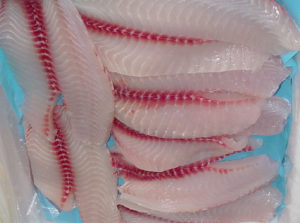
An evaluation of oxidative pre-slaughter stress on instrumental and sensory quality of Nile tilapia fillets finds that longer depuration times recommended.
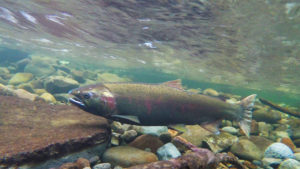
Genome editing can contribute to sustainable aquaculture production in terms of disease resistance and sterility to prevent interbreeding with wild stocks.

Due to high fecundity and external fertilization, most aquaculture species are amenable to genetic improvement technologies, including genome editing.
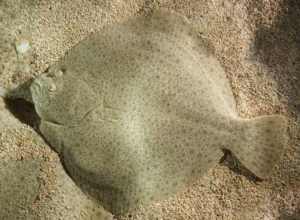
In a study, corn gluten meal exerted negative effects on the intestinal health on turbot, including the induction of enteritis in the distal intestine tissue.
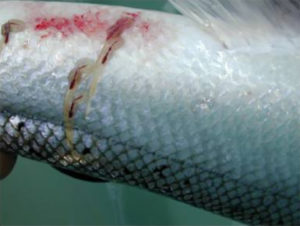
An operational salmon lice model calculates sea lice infestation pressure all along the Norwegian coast in near real-time, based on a hydrodynamical ocean model and a salmon lice particle tracking model.
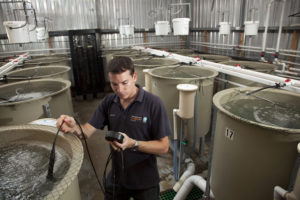
This study characterized the nutritional value of a high-quality poultry protein concentrate against standard poultry meal in barramundi juveniles.
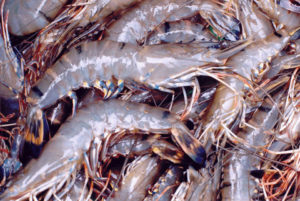
Study analyzes samples of microsporidia-infected shrimp in Madagascar, Mozambique and Saudi Arabia and with clinical signs of cotton shrimp disease.
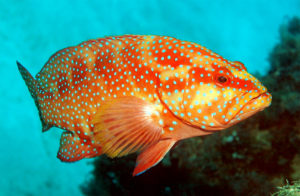
Un estudio investiga la microbiota y el metabolismo del huésped en el mero leopardo de coral, una especie pesquera importante en los mercados asiáticos y de cultivo reciente.
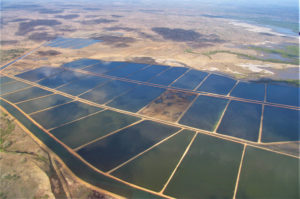
In these early stages of understanding how microbiome changes impact animal health, use caution in interpreting lab results and how they may apply to the real world.
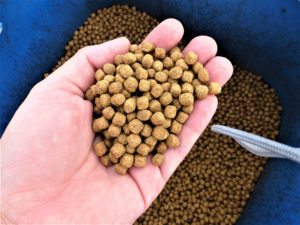
Nutrition has an important role on growth, performance and flesh quality of tilapia. Part two of this two-part series looks into mineral supplementation and feeding strategy.

Study investigates microbiota and host metabolism in the coral leopard grouper, an important fisheries species in Asian markets and only recently cultured.